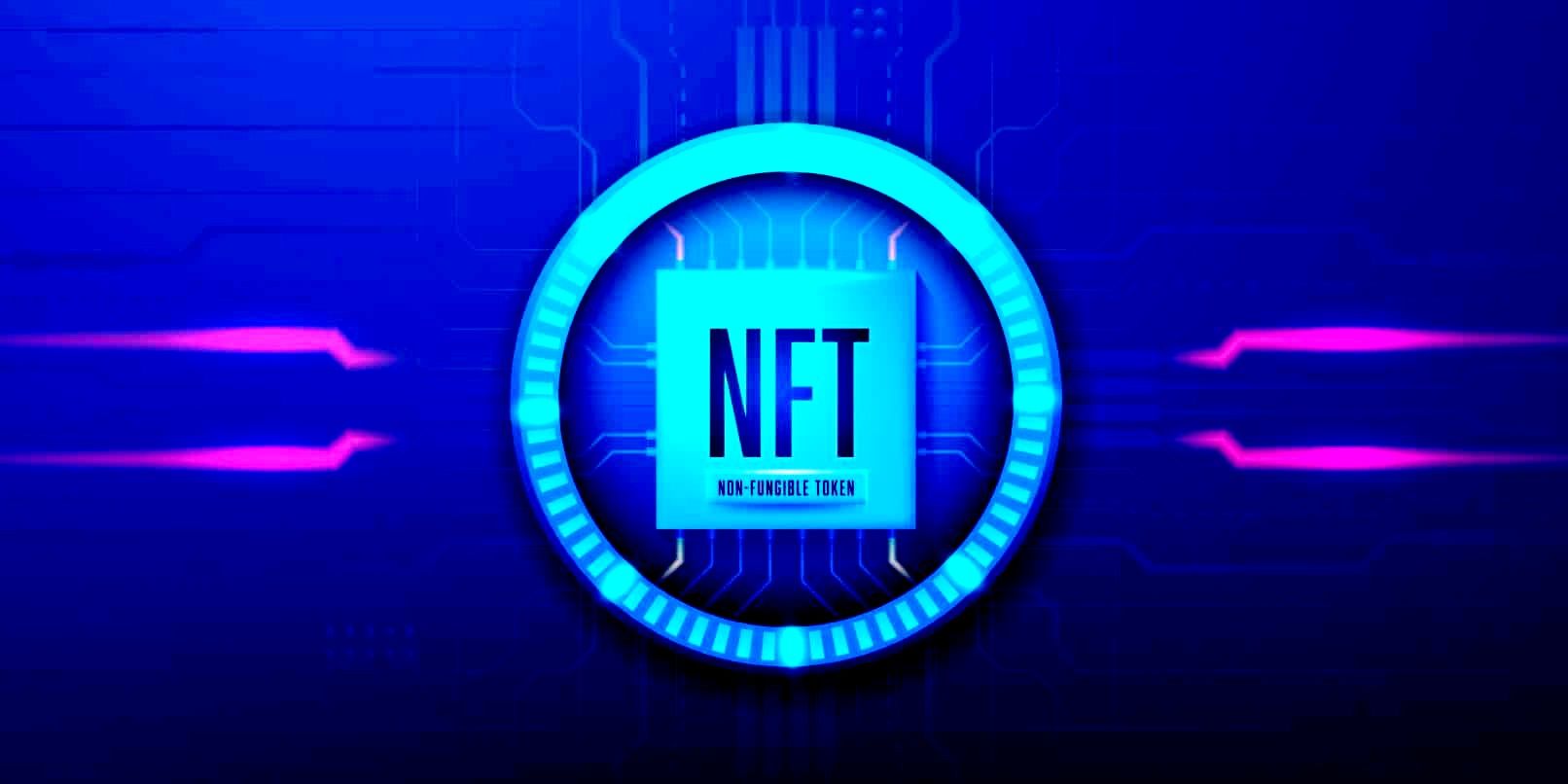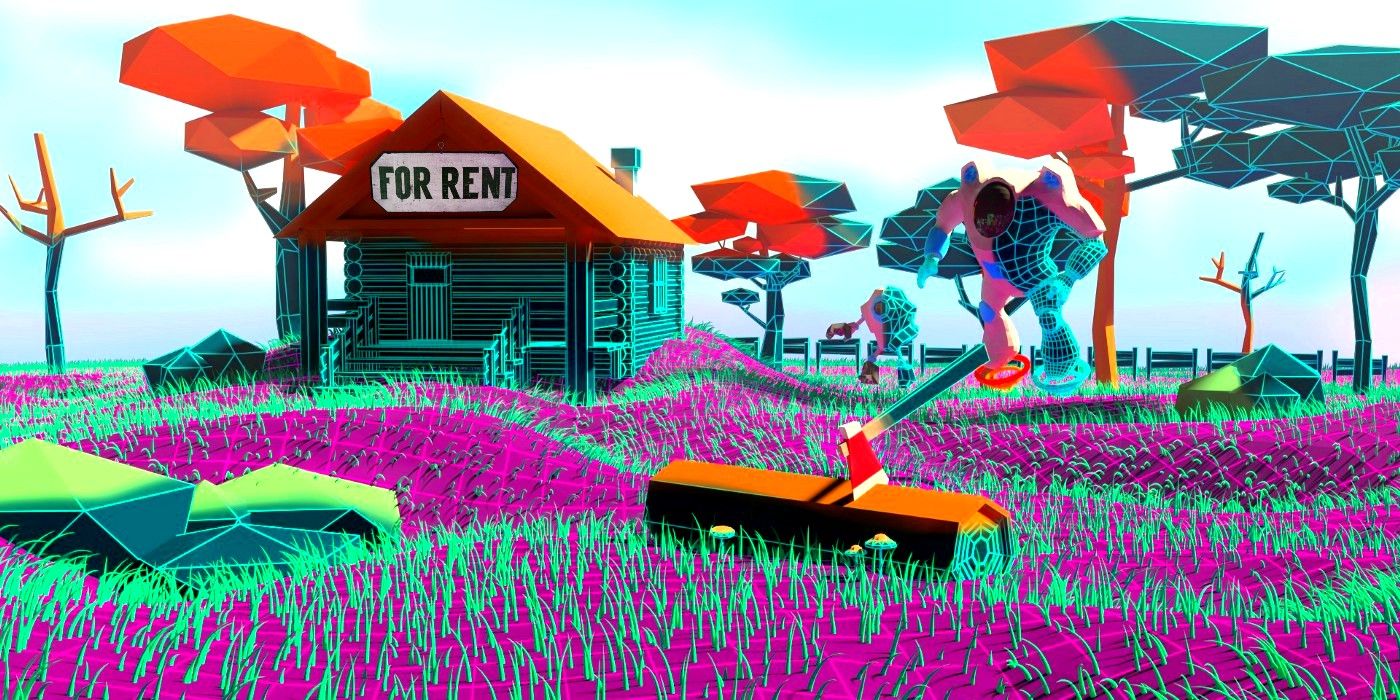NFTs have received the worst of the cryptocurrency hype cycle, as their most boring use case (JPEG collectibles) has received billions of dollars in speculation at the neglect of their utility and value proposition, but soon they will acquire one of the most lucrative and game-changing abilities: renting. Renting out a JPEG collectible would be one of the worst use cases of this new ability, so it's a good thing that NFTs are more than just useless collectibles.
NFTs, or non-fungible tokens, are special cryptocurrencies where each token represents ownership of some "thing" that is unique ("non-fungible"). NFTs can be checked for in any individual's crypto wallet by simple programming scripts, enabling them to be used like digital tickets for entry to various events, social groups, or hidden content, and they can also be used for a variety of utilities and e-commerce applications, such as selling professional online services or fighting counterfeit physical products. However, NFTs have always suffered one major problem: renting them out involves transferring full ownership to the renter and hoping they don't run away with it, which presents very high counterparty risk for the NFT's owner.
As The Block reports, NFTs will become fully and safely rentable thanks to the new ERC-4907 token standard. Existing NFTs can be "wrapped" into a blockchain smart contract, permitting the owner to define a user and the user's expiration date. The applications of this simple but powerful advancement are vast, providing opportunities for both NFT owners and NFT renters to generate revenue in mutually beneficial arrangements, as well as providing opportunities for low-cost fun and cheap experimentation that could see new metaverse-native businesses emerge.
Renting NFTs Increases Their Value Proposition
One example of the use for this token standard involves metaverse land rentals used for hosting virtual events without needing to invest in expensive metaverse real estate. At the time of writing, a Decentraland land plot costs a minimum of $3125 on OpenSea, and a plot in The Sandbox costs $2565, prices far too prohibitive for most people to bother with. Thanks to this new token standard, people can rent out a plot from its owner, develop something on it for an event, and charge admission fees for attendees. This opens virtual land up to a much broader range of people who can experiment with ideas for profit, fun, or practice without taking on the tremendous risk of purchasing a plot to own, while increasing the value proposition of virtual land itself.
Another immediate use case is for Play-To-Earn (P2E) games, blockchain games where all game assets have a real-world value. These games can sometimes require a serious investment to purchase useful items from other players, and the inability to rent the items creates a prohibitive barrier to entry for most players. Consequently, this also results in reduced market demand for the items, lower valuations to meet that demand, and lower profitability for the players. Gaming guilds were formed to overcome this barrier, but renting out NFT game items is risky, as the renter has full custody of the token and can sell it and abscond with the proceeds. With the ability to safely rent out useful game items, they can be monetized through a realistic and sustainable business model that doesn't rely on market bubbles to turn a profit, and which provides dedicated players with a viable income source and greater accessibility for new or casual players.
The actual applications of this new token standard will extend far beyond just metaverse events and P2E gaming, as NFT use cases are vast and innovation is ongoing. This standard will eliminate counterparty risk from NFT rentals, preserve their market value through avoiding speculative bubbles, increase the value proposition of owning NFTs, expand accessibility to NFT-based games and metaverses, and could even enable NFT subscription services. NFTs will acquire more use cases as better infrastructure is built out to support them, and the ability to rent out those use cases will become a core business model for many Web3 businesses and users alike.


